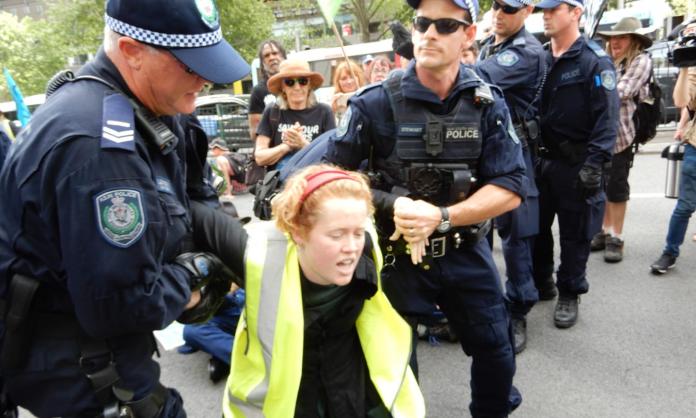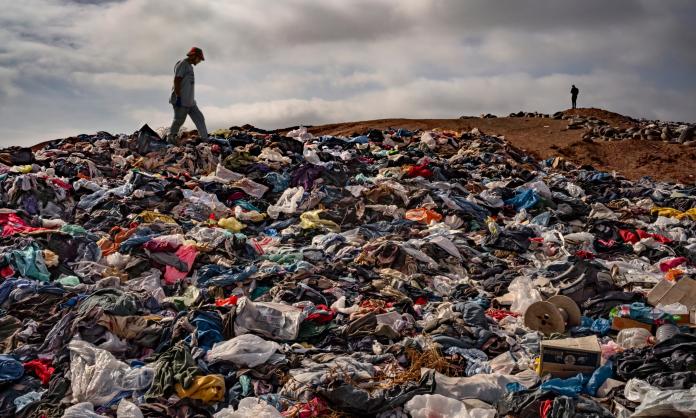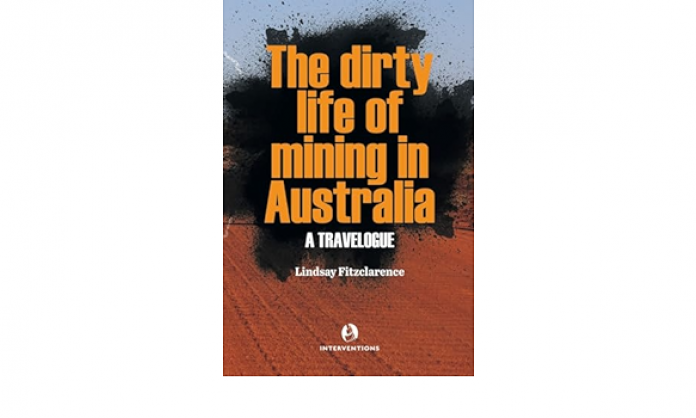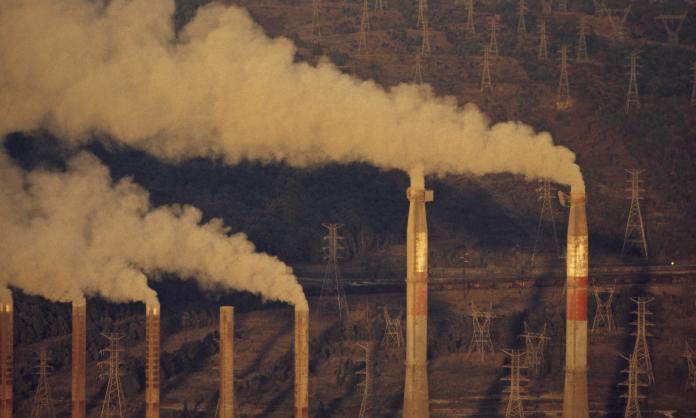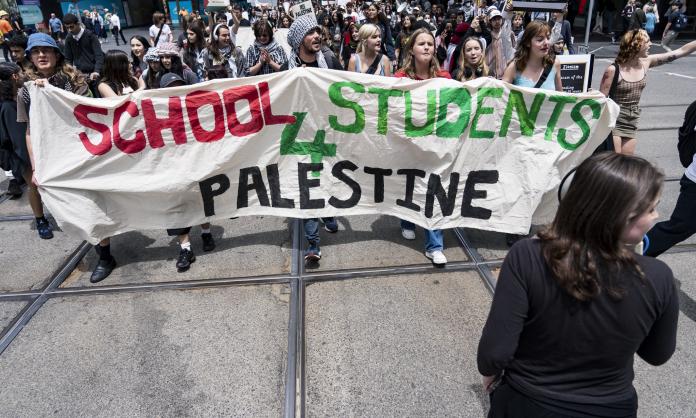The time for waiting for governments and corporations to act on climate change is over. It is delusional to think that they will, of their own accord, take the drastic action required to limit global warming to 1.5 degrees above pre-industrial-society levels (the limit after which scientists say we reach a climate crisis tipping point). So we have two choices: act now, or put our heads in the sand and pretend it’s not happening. I’ve chosen to act, along with thousands of others around the world, by joining the Extinction Rebellion protests.
Politicians say they support the right to protest. But whenever there’s a protest, we discover that their support is conditional: only impotent actions that can be ignored are acceptable. Alan Tudge, the minister for population, cities and urban infrastructure, told the ABC on 9 October he was sick of disruptions and that if people want to protest, they should do it in a park. A day earlier, Liberal senator Eric Abetz insisted that protesters had no right to prevent the usual operations of business.
But the business as usual of capitalism is leading to climate disaster and threatening the lives and wellbeing of millions of people. We have a right to protect ourselves from this destruction. Coal companies do not have the right to destroy the planet, but they get a legal pass to keep going about their business. If it continues, huge areas of the planet will become uninhabitable. So we must make our protests count by stopping business as usual in whatever way we can.
Disruption has an effect that polite protest doesn’t. It attracts an enormous amount of media attention and signals to people not yet involved that climate activists are serious and that the stakes are high. It conveys a sense of urgency that can embolden more people to get involved. And it creates a sense of crisis that pressures governments to act – a pressure they have so far largely escaped.
Blocking streets is a great start. But we need much more disruption than Extinction Rebellion can carry out. We need workers to strike – to refuse to allow the system to continue on its catastrophic path. We need mass blockades of companies to stop them destroying our world. We need social and economic priorities that put people and the planet before profit. This will require a much more democratic society – one in which workers make the decisions, not bosses concerned only about profits. It will involve a revolutionary challenge to capitalism. It will be disruptive – but disruption is absolutely necessary.
The people in power don’t want it to come to this. Politicians want to continue getting away with downplaying and dismissing the climate emergency so that multinational companies can keep making billions of dollars. They’re happy to destroy the planet in “the national interest”. So they are trying to nip the movement in the bud in time honoured fashion – by sending in the police to break up protests and intimidate people.
I have had firsthand experience, being held in custody for 27 hours for peacefully protesting on a city street. I was arrested with 37 others and taken to Surry Hills police station in Sydney, where we were charged with the very minor offence of refusing to comply with a police direction. The cops refused to release us unless we agreed to bail conditions restricting our basic civil liberties, including a ban on speaking to other Extinction Rebellion “members” (there is no formal membership) and a ban on attending any Extinction Rebellion protests – violations of our right to freedom of political association. They also tried to create a 2.5 kilometre exclusion zone around central Sydney.
I refused to agree to these conditions, so the cops held me overnight in a cell. I went without food for more than 17 hours. When I was finally taken before a magistrate the next day, they ordered my immediate and unconditional release. Yet the police took me back to the cell and held me there for another six hours – such is their disregard not only for the rights of protesters, but also for any arm of the state that challenges them.
How did our representatives in parliament, supposedly so supportive of the right to protest, respond to this? By calling for more draconian measures. Home affairs minister Peter Dutton had insinuated that he supports vigilante action and punitive government measures against protesters. “People should take these names and the photos of these people and distribute them as far and wide as they can”, he told Sydney radio 2GB’s Ray Hadley in early October. “They should be jailed until their behaviour changes.” On the ABC, Alan Tudge described protesters as ferals and refused to distance himself from Studio 10’s Kerri-Anne Kennerly, who said that we should be used as “a speed bump”.
The Labor Party is no better. The Queensland branch is trying to legislate more anti-protest measures. Premier Annastacia Palaszczuk is bending over backwards to help the climate criminals in the coal industry and is facilitating Adani corporation’s massive coal mine in the Galilee Basin. Victorian premier Daniel Andrews, supposedly the most progressive politician in the country, has also attacked the Extinction Rebellion actions.
All this is a reminder of what we’re up against. To build an effective climate movement, we can’t appeal to the powers that be or give in to their intimidation. We need to mobilise all the power our side has at its disposal to stand unapologetically against a system hurtling towards climate catastrophe, not beg politely in a park.




